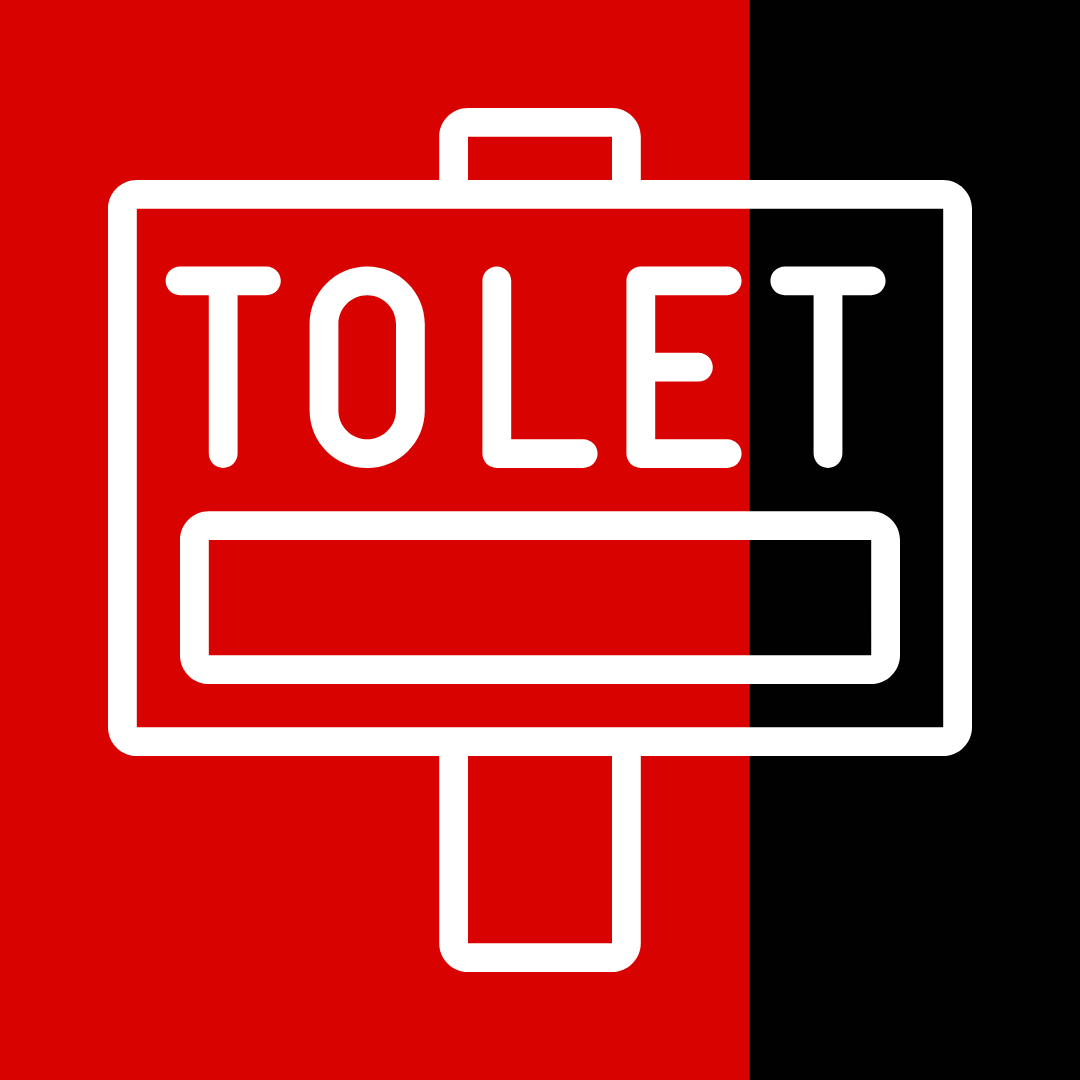The Buy-to-Let Investment Checklist
A Guide for Prospective Landlords
Buy-to-let (BTL) can be a rewarding investment, providing long-term income and potential capital growth.
However, being a landlord goes beyond just finding a property and collecting rent. There are financial commitments, legal responsibilities, and ongoing management tasks to consider.
This checklist covers the key steps to help you make informed decisions, avoid common pitfalls, and keep your investment running smoothly.
Getting your finances in order
Before you start searching for a buy-to-let property, you need a clear financial plan. Lenders assess affordability differently than for residential mortgages. Knowing your borrowing power and costs is key. Your mortgage broker's expertise can help you navigate lender criteria, find suitable products, and build a solid strategy before you invest.
Here's what you should consider:
Work out how much you can borrow. Lenders typically expect rental income to be 125%-145% of the mortgage payment and use a higher stress rate instead of the actual mortgage rate to work out affordability. Having a clear budget will help you focus on realistic options.
Plan for your deposit. Most buy-to-let mortgages require a 20%-25% deposit. If you can put down more, you may secure better interest rates.
Decide how to buy the property. Purchasing as an individual or through a limited company has tax implications. A limited company may offer advantages, but it also comes with added costs and admin.
Get an Agreement in Principle (AIP). This shows sellers and agents that you're a serious buyer. It confirms how much you can borrow before making an offer.
Once you've found a property, securing the right mortgage is key. Many landlords opt for interest-only loans to keep payments low, but you'll need a plan to repay the balance later. Lenders will also stress test your application, ensuring your rental income covers potential rate increases.
Before applying, make sure you have:
- Proof of income (tax returns if self-employed)
- Bank statements and details of other properties
- Expected rental income
It's also important to factor in additional costs such as arrangement and valuation fees, as well as potential early repayment charges if you remortgage or sell early. The right mortgage deal can significantly impact your long-term returns. Getting expert advice can help you maximise your investment.
Having your finances in place from the start makes the whole process smoother and helps you act quickly when you find the right property.
Find the right property
Choosing a buy-to-let property is about more than just price. It needs to attract tenants, generate strong rental returns, and hold its value over time.
Think about who will rent your property. If you're buying near a hospital, you may have steady demand from healthcare workers, but consider shift work patterns and potential licensing rules for multiple tenants. A flat in a city centre could appeal to professionals, but higher service charges may eat into profits.
When evaluating a property, consider:
- Tenant demand - Homes near transport, jobs, and schools rent out faster and stay occupied longer.
- Rental yield - A higher yield means better returns, but don't forget to factor in costs like maintenance and service charges.
- Regulations - Energy efficiency standards are tightening, which may mean future upgrade costs.
- Leasehold vs. freehold - Leasehold properties often come with extra costs, and a short lease can limit mortgage options.
Thorough research is key to a smart investment.
Stay compliant with legal and tax rules
Landlords have a range of legal responsibilities. Staying compliant from the start can save you from unexpected fines or legal issues.
Some local councils require landlords to register or obtain a license, especially for Houses in Multiple Occupation (HMOs), which have stricter safety and management rules. Landlords must also comply with Energy Performance Certificate (EPC) requirements. Failure to meet their standards may stop you from legally renting out your property.
You'll also need to factor in tax obligations:
- Income tax on rental profits
- Capital Gains Tax (CGT) if you sell the property
- Stamp Duty Land Tax (SDLT) surcharge (5% extra on buy-to-let purchases)
Insurance is also essential when renting out a property. Standard home insurance won't cover rentals. You'll need specialist landlord insurance. This protects the building, covers liability, and can even include rent protection if tenants miss payments. Some policies also offer legal cover, which can be invaluable if disputes arise.
You'll also want to make sure your tenancy agreements are legally airtight. Tenant deposits must be held in a government-approved protection scheme. Your contract should clearly outline responsibilities for both you and the tenant. Sorting this properly upfront can help you avoid issues down the road.
Manage your property effectively
Owning a rental property isn't just about securing tenants. It's about keeping your investment profitable long-term. You'll need to decide whether to self-manage the property or use a letting agent, who can handle tenant sourcing, rent collection, and maintenance (usually charging 8-15% of rental income).
Even if you have a property agent, staying on top of key responsibilities is essential. This includes:
- Regular maintenance to keep tenants satisfied and prevent costly repairs in the future.
- Keeping up with regulations, such as evolving energy efficiency standards, to ensure compliance and manage costs.
- Planning for vacancies by maintaining a financial buffer to cover mortgage payments during empty periods.
Whether you're hands-on or using an agent, proactive management helps protect your income and keeps your property in good shape.
Final thoughts
Successful buy-to-let investing comes down to smart planning, staying compliant, and managing your property well. With the right approach, you can avoid pitfalls and build a profitable, long-term rental portfolio. Stay informed, stay strategic, and make every investment count.
Some forms of Buy to Let mortgages are not regulated by the Financial Conduct Authority.
Get in touch with our friendly and knowledgeable team for more information.


